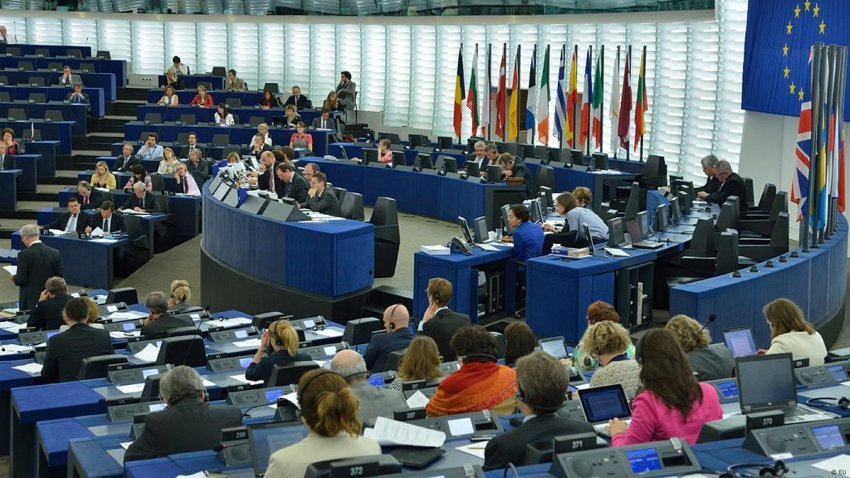The Serbian state has once again confirmed that it will not recognize the Basic Agreement with Kosovo. Serbian Prime Minister Milosh Vučević stated during a session this week in the Serbian parliament that his country has not accepted the Franco-German plan. “Once again, I will make it very clear: this is being recorded audibly and transcribed as well: The Republic of Serbia has not accepted the Franco-German agreement. Once again, we have not accepted the Franco-German plan,” Vučević said before the Serbian parliament.
This statement from the Serbian government should ‘resonate’ with the EU to take some decision regarding Serbia’s engagement in dialogue and normalization with Kosovo. There were reactions from Kosovar officials, but no decision from the EU has been announced yet.
In connection with this, ‘Bota sot’ asked German MP Knut Abraham if the EU should punish Serbia or what the punishment should be. He states that the normalization dialogue has de facto died, and questions whether Serbia should be sanctioned, noting that sanctions against Kosovo have not been lifted until now.

“It is unrealistic for Serbia to be sanctioned by the EU; unfortunately, sanctions against Kosovo have not been lifted until now – which is unacceptable. We must accept that the normalization dialogue de facto has died. As long as Serbia has no interest in normalization, any dialogue becomes meaningless,” he assesses.
The German Bundestag MP emphasizes that this situation reflects a deeper crisis in EU policy that could increase the risk of a regional conflict. “However, this reflects a deeper crisis in EU policy towards the region. Without a credible enlargement policy, the EU will continue to lose influence, which will increase the risk of a regional conflict,” he notes.
He believes this needs to change and that there is a way forward which would be beneficial for all. “By offering the six Western Balkan countries to join the single market as a temporary step until 2030, a credible framework for peace and stability could be restored.
Any country that meets the conditions first would be rewarded with access to the single market, including free movement of people, goods, services, and capital. This would restore the incentive for politicians in the region to implement the necessary reforms that would offer their citizens a true European perspective by 2030,” says the German MP to ‘Bota sot’.







